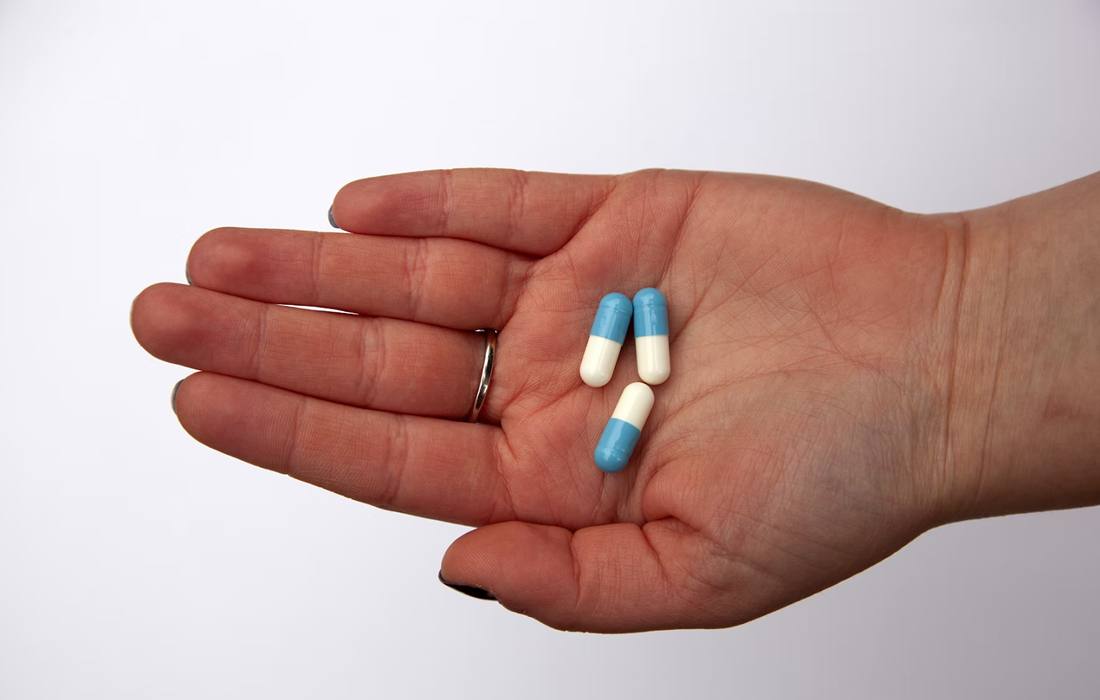Regenerative Medicine News and General Information
Antibiotic Use Linked to Colon Cancer in Young Patients
Colorectal Cancer
Overall, the lifetime risk of developing colorectal cancer (CRC) is: about 1 in 23 (4.3%) for men and 1 in 25 (4.0%) for women. A number of other factors (described in Colorectal Cancer Risk Factors) can also affect your risk for developing colorectal cancer.
In the United States colorectal cancer is the third leading cause of cancer-related deaths in men and in women, and the second most common cause of cancer deaths when men and women are combined. It’s expected to cause about 52,580 deaths during 2022.
Typically colorectal cancer develops in older people. However the incidence of CRC in younger people has increased over the last 25 years. Nearly 18,000 people under the age of 50 will be diagnosed with colorectal cancer according to data from the American Cancer Society.
Antibiotic Usage
Worldwide, there were 70 billion doses of antibiotics consumed in 2011, which equates to 10 per person on earth. Although essential for many medical interventions, children and teenagers are amongst those most commonly exposed to antibiotic therapy.
There is a known relationship between pathogenic organisms and cancer, some examples include Helicobacter pylori association with gastric cancer and human papilloma virus (HPV) with anal, cervical, tonsillar, and vulvar cancer.
Antibiotics can cause microbiome chances that can be permanent, while also causing irregularities in immunostimulatory bacterial products that can impede normal immune-surveillance, increasing the risk of cancerogenesis.
New Study Results
In a recently published study, researchers from the United Kingdom conducted a large population-based case-controlled study involving data from almost 40,000 people.
The study team investigated whether an association exists between antibiotic usage and early-onset colorectal cancer, and also evaluated this in later-onset CRC for comparison. Previous studies have found a possible link between antibiotic use and CRC.
The researchers used data from across Scotland between 1999-2011, and found 7,903 people with a CRC diagnosis and matched them to 30,418 people who did not have cancer diagnosis.
The team removed from the analysis anyone who was taking immunosuppressive drugs or living with a health condition predisposing them to CRC.
They found 445 people in the early onset group (<50 years at diagnosis) and 7,458 in the late onset group (50 or older).
The database included prescriptions for oral antibiotics, which the researchers classified by drug class and the presence or absence of anti-anaerobic effects. They did this to provide insight into the types of bacteria that might be associated with CRC.
About half of the participants with CRC in each group were male, and almost 50% of the participants had received a prescription for antibiotics, and more people who developed CRC had taken antibiotics compared with those who did not develop CRC.
The researchers found that the use of antibiotics was associated with an increased risk of colon cancer in both age groups, with an overall 49% higher risk of colon cancer in those younger than 50 years and an estimated 9% higher risk in those aged 50 years and over.
Anti-anaerobic antibiotics had an association — although not a statistically significant one — with an increased risk of colon cancer in both age groups.
Sources:
Debbie Lambert. (2022, Mar 1). Antibiotic use linked to colon cancer risk in younger people. Medical News Today. Retrieved from:
https://www.medicalnewstoday.com/articles/antibiotic-use-linked-to-colon-cancer-risk-in-younger-people
McDowell, R., Perrott, S., Murchie, P. et al. Oral antibiotic use and early-onset colorectal cancer: findings from a case-control study using a national clinical database. Br J Cancer (2021). https://doi.org/10.1038/s41416-021-01665-7
https://www.cancer.gov/news-events/cancer-currents-blog
https://www.cancer.org/cancer/colon-rectal-cancer/about/key-statistics.html
Image from:
Photo by Mark Fletcher-Brown on Unsplash

